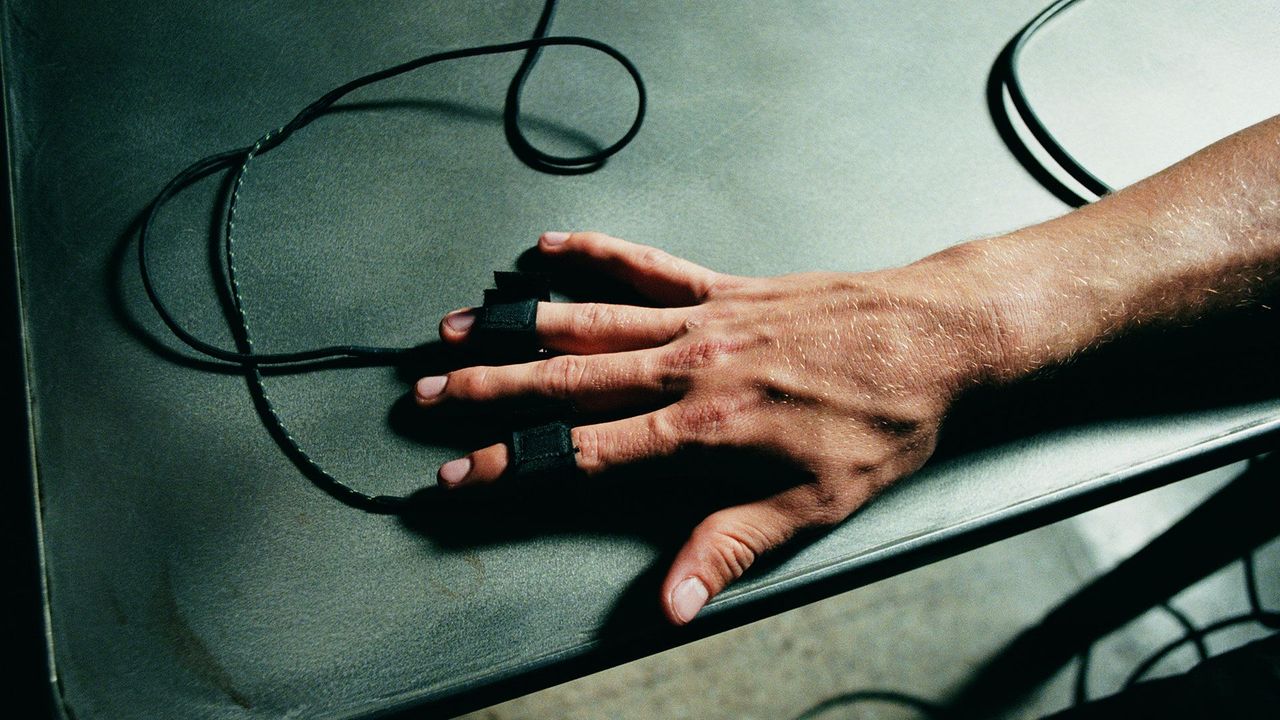
Context
The Central Bureau of Investigation (CBI) performed a second spherical of polygraph tests on seven humans, in reference to the rape and murder of a doctor at the R.G. Kar Medical College in Kolkata.
About
- Deception detection tests (DDTs) are medical methods hired to detect likely deception at some point of interrogation.
- These tests include narco-analysis, polygraph tests, and brain mapping.
Polygraph test
- A polygraph test operates at the presumption that specific physiological responses are brought on when someone is lying.
- The test is run by attaching instruments like cardio-cuffs or sensitive electrodes to the suspect to determine variables such as blood strain, galvanic skin response (a proxy for sweat), breathing and pulse rate.
- As questions are posed, each physiological response is assigned a numerical cost to determine whether the person is telling the reality or being deceptive.
Narco-Analysis
- It includes the injection of a drug known as sodium pentothal into the accused, inducing a hypnotic or sedated state.
- The assumption is that a topic in such a state is less inhibited and is more likely to disclose statistics.
- Because the drug is intended to weaken the subject’s resolve to lie, it’s frequently referred to as a “truth serum.”
Brain mapping
- It measures a subject’s neural pastime, specifically brainwaves, using electrodes attached to the face and neck.
- It operates on the principle that the mind generates distinctive mind waves while exposed to acquainted stimuli, including an image or a sound.
Legal validity of test
- Prior to 2010, Indian courts were strongly in want of those exams. They pitched these “medical strategies of research” as a safer alternative to the custodial violence often used to extract information.
- The Supreme Court in 2010 within the case of Selvi v. State of Karnataka ruled that no lie detector tests should be administered “except on the basis of consent of the accused” in accordance with the essential right against self-incrimination as enshrined underneath Article 20(3) of the Constitution.
- Further it was elucidated that someone’s right to make an announcement or remain silent is essential to their right to privacy.
- Thus compelling a character to make a declaration would additionally represent a violation of Article 21 of the Constitution.
- The Court also referred to that little empirical proof is present to reinforce the argument that those tests offer dependable leads for investigators.
- It advised that the outcomes of those exams can not be seen as confessions.
- However, if any information or fabric is eventually observed “with the help of voluntarily administered test effects,” such proof can be admitted in court.
- Additionally, it required that the issue’s consent be officially recorded before a judicial magistrate and that the suggestions set out by the National Human Rights Commission in 2000 for administering these tests be strictly adhered to.
What are the concerns?
- In a 2010 paper published in the Indian Journal of Medical Research, it was determined that lie-detection techniques have confronted a number of criticisms, and their effectiveness in revealing “concealed knowledge in applied actual-global settings” remains uncertain.
- It argued the reliability of polygraph tests, pointing out that the test’s underlying precept is defective—parameters inclusive of heart fee and blood stress have now not been confirmed to be specifically indicative of lying.
- Similarly, a 2019 study within the United States flagged high false positive rates and mentioned that people can train themselves to overcome a polygraph.
- Despite the Supreme Court’s cautionary stance, the administration of those exams continues to be regular in India.
Source: The Hindu
Post Views: 723
